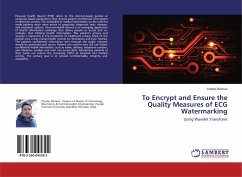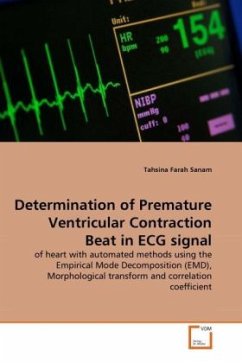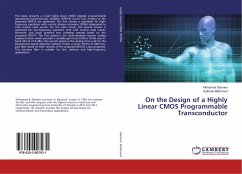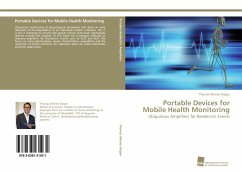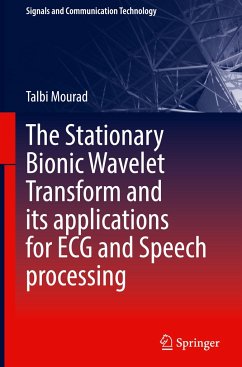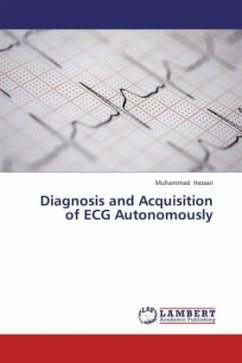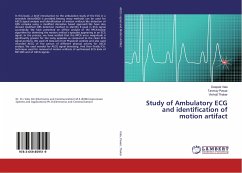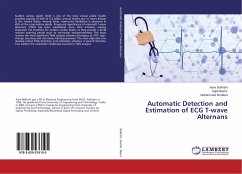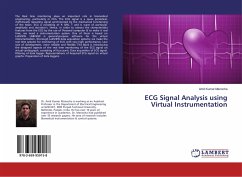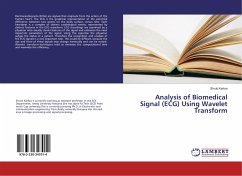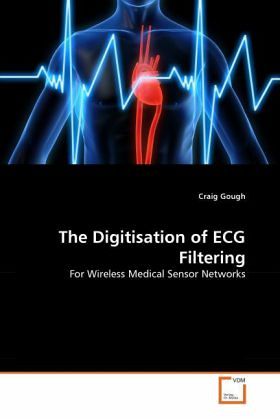
The Digitisation of ECG Filtering
For Wireless Medical Sensor Networks
Versandkostenfrei!
Versandfertig in 6-10 Tagen
32,99 €
inkl. MwSt.

PAYBACK Punkte
16 °P sammeln!
The 21st Century has seen dramatic improvements in the miniaturisation of computer systems, both in terms of physical size and levels of power consumption. As such the demand for cheap, portable and low power remote sensor nodes has increased. The possible applications of these devices are as diverse as human imagination. However, the true potential of devices such as these is in long-life instrumentation, and arguably the most beneficial to society is the development of biomedical instrumentation. One of the primary issues with the development of biomedical instrumentation is the impact of no...
The 21st Century has seen dramatic improvements in the miniaturisation of computer systems, both in terms of physical size and levels of power consumption. As such the demand for cheap, portable and low power remote sensor nodes has increased. The possible applications of these devices are as diverse as human imagination. However, the true potential of devices such as these is in long-life instrumentation, and arguably the most beneficial to society is the development of biomedical instrumentation. One of the primary issues with the development of biomedical instrumentation is the impact of noise. Bio-potentials are commonly very low voltages and are easily overwhelmed by noise signals. The removal of these noise signals is typically performed via the use of complex electrical circuits which consume both power, space and resources. This project develops and analyses a method of providing digital filtration of noise from Electro-Cardiograph (ECG) measurements. The digital filter is intended to provide increases in device reliability, reduced manufacturing costs, reduced device size, reduced power consumption and can be implemented either remotely or on-chip.



